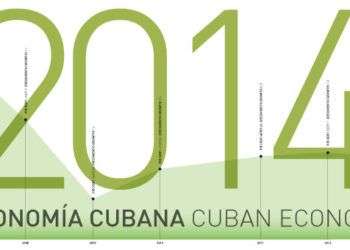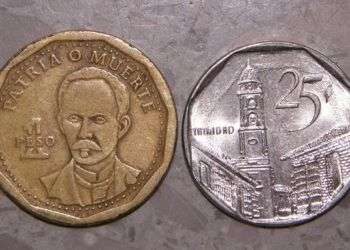Point of departure (Infographic)
Bad winds blowing in 2013 In 2013 the Cuban economy was very much affected by the ravages of Hurricane Sandy, which hit the eastern part of the island in late 2013. Total losses amounted to about $7 billion. Food prices rose and so did the country’s expenditures in that area. The 2012-2013 sugar cane harvest, which only met 89 percent of the target, did not provide the expected amount of hard currency income due to a 15.5 percent drop in prices on the international market. In 2013, tourism grew by just 0.5 percent, and the much-anticipated goal of three million tourists was not met. A high-value service economy? The export of professional services provides Cuba with the highest amount of its hard-currency income for several years now. According to the Ministry of Foreign Trade, in 2012 the export of services—mostly medical and paramedic—brought in $11 billion. As of now, the largest proportion of those funds has come from Venezuela, where about 20,000 Cuban doctors are providing their services. The Brazilian government recently contracted about 5,400 doctors for its multinational program Mais Médicos (“More Doctors”), and it was announced that by late January of 2014, about 6,000 additional professionals would be...





